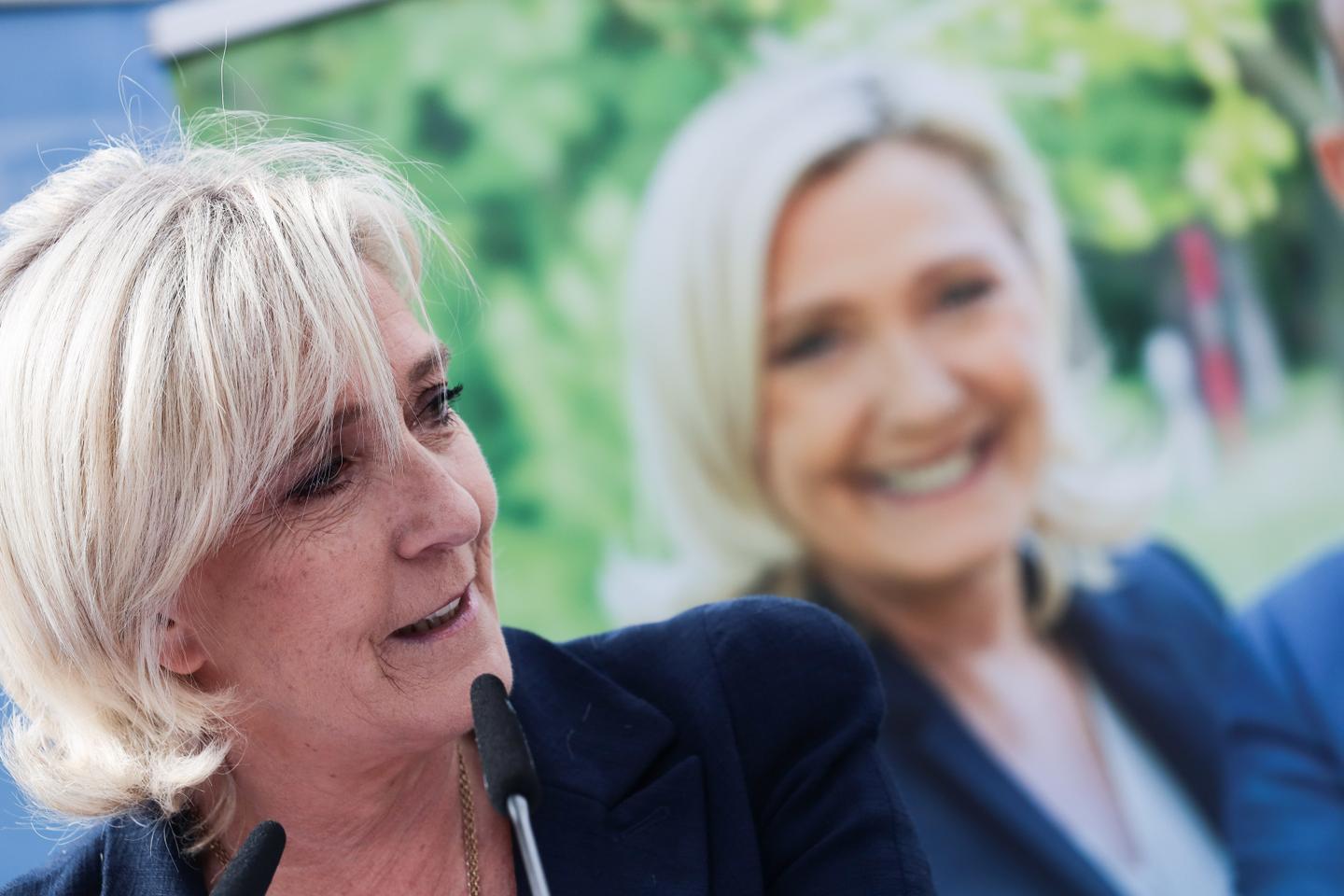


Marine Le Pen has much to be happy about: Her party is experiencing unprecedented political momentum. With over 31% of the vote in the European elections, double that of the Macron-aligned coalition's list, the list led by Jordan Bardella won 30 seats in the European Parliament, becoming the largest delegation in the legislature.
Bardella, who is the president of the Rassemblement National (RN, far-right), thus took the position of head of the Patriots for Europe group, founded by Viktor Orban, the third largest group in the Parliament. In France's parliamentary elections, despite the republican front formed by its opponents, the RN obtained 29% in the first round and 32% in the second round, managing to send 126 representatives to the Assemblée Nationale, making it the largest single political group in the chamber. If we add to that its allies led by Eric Ciotti, they have 143 seats.
At the same time, the RN's image has considerably improved, as shown by the RN Image Barometer, which has been monitoring it since 1983. This improvement is due to Le Pen's strategy of normalization, her ability to present herself as a bastion of democracy and secularism in the face of radical Islamism, but also due to the indulgence of both Macron-aligned and LR right-wing politicians toward her ideas, and the repulsive effect of the radicalization of Jean-Luc Mélenchon and his movement, La France Insoumise (LFI, radical left).
Blackmail expected
At the end of July, in the major post-election survey conducted by Ipsos for Le Monde, the Fondation Jean Jaurès, the political research center at Sciences Po and the Institut Montaigne, 69% of respondents considered La France Insoumise (LFI) to be a part that is dangerous for democracy, compared with 53% for the Rassemblement National (RN). Furthermore, 72% of them considered LFI to be a party that incites violence (versus 53% for the RN), and only a quarter felt that LFI was "unfairly demonized," while almost half felt the same about the RN (48%). Mélenchon's provocations, some bordering on anti-Semitism, have enabled Le Pen to position herself as the protector of France's Jewish population, obscuring the party's scandalous origins and her father's deep-rooted anti-Semitism, including among a section of the Jewish electorate.
The political crisis that has erupted since Macron's decision to dissolve the Assemblée marks a new stage in the RN's de-demonization, setting the RN up as the judge of both the choice of prime minister and their survival in office. Le Pen's party can be expected to use blackmail on its favorite themes –immigration and security – and it will hold Michel Barnier's fate in its hands.
You have 51.53% of this article left to read. The rest is for subscribers only.
